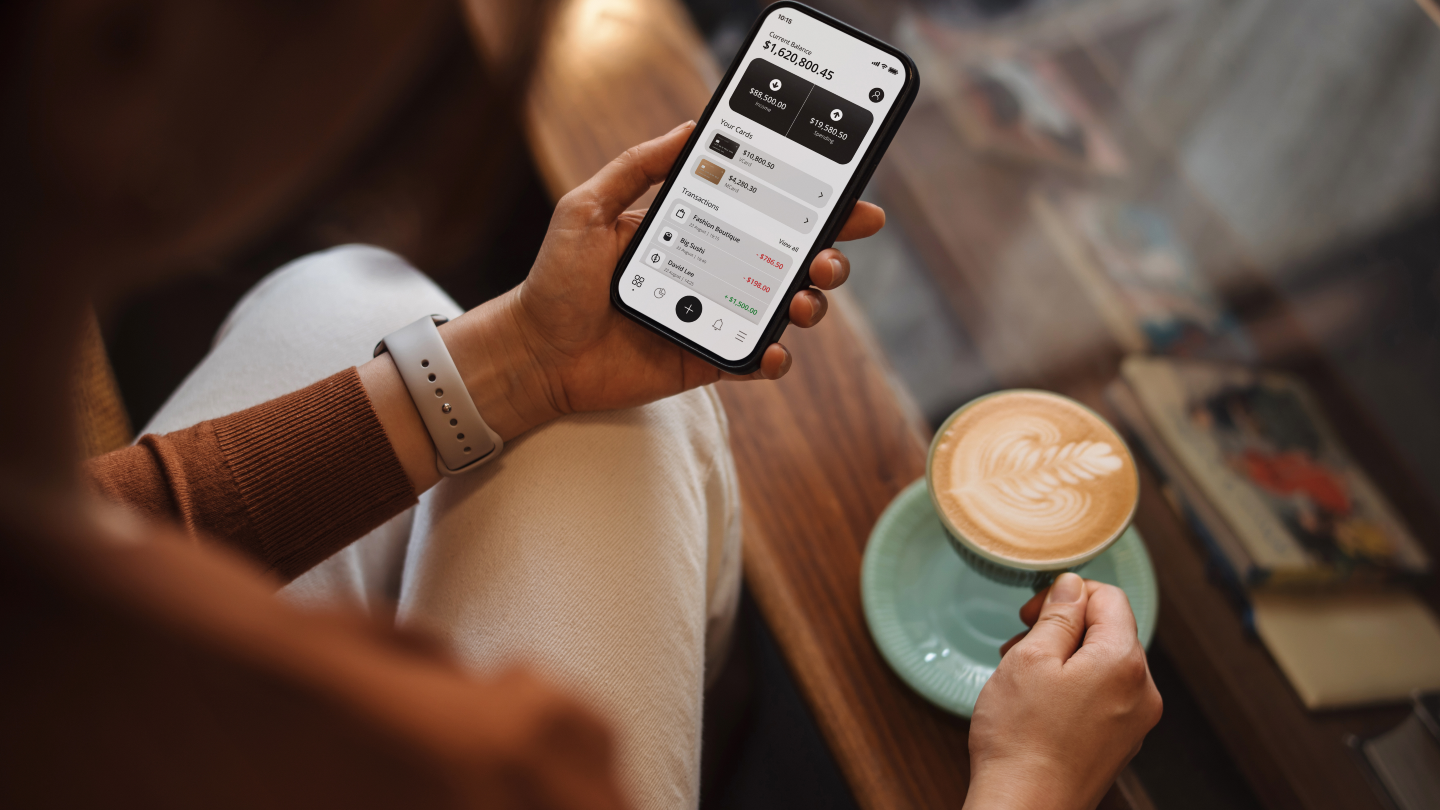Back in the 2G and 3G cell phone days – think the late 90s and early to mid-2000s – mobile phones either worked with providers who used a CDMA or GSM system. For example, Verizon only used CDMA phones and AT&T used GSM. Those acronyms were confusing back then and they still are to most consumers. We’ll explain what they mean and when they should factor into your next phone purchase.
According to PCMag in 2022, “The CDMA/GSM split ended, in theory, as carriers all switched to LTE, a single, global 4G standard, starting in 2010. But the difference remained because phones still needed to access the older 2G and 3G networks, primarily for voice calls.”
If you are using a newer phone in the U.S., it’s 4G and/or 5G compatible, meaning you are using the latest tech on the latest networks. However, a large portion of the world is still using GSM phones that work only on the very old 2G/3G networks in those countries.
CDMA vs GSM
CDMA and GSM are digital cellular technologies, but they use different methods to allow multiple users to share the same frequency band. CDMA uses code division multiple access, while GSM uses time division multiple access.
The biggest differences are SIM cards and the ability to unlock the phones. A GSM phone uses a SIM card and “can be unlocked so users can switch between carriers easily. With a CDMA phone, it’ll be locked to a carrier and won’t use a SIM card. Instead of an actual SIM card a CDMA phone will be linked to the network via a phone number,” explains Back Market.
What is a SIM card?
SIM cards are small computer chips that enable a phone to connect to a provider’s network, allowing you to access the internet and make calls/texts. SIM cards have your data on them, like your phone number and contacts. That’s also where your PIN (personal identification number) is stored.
What is CDMA?
CDMA, or Code Division Multiple Access, is a group of protocols designed to power 2G and 3G mobile phone networks. It does not use a SIM card.
It uses a spread spectrum technique, where each user’s voice or data signal is spread over a wide frequency range using a unique code. This allows multiple users to occupy the same frequency band without interfering with each other.
What is GSM?
GSM, or Global System for Mobile Communications, is a standard for digital cell networks still used around the world. It uses a combination of time division multiple access and frequency division multiple access techniques to allow multiple users to share the same frequency band. It requires a SIM card.
GSM was used by AT&T and T-Mobile in the U.S., but it “struggled with multiple access lines on one channel, leading to lower call quality and an infamous buzzing noise whenever GSM devices came too close to speakers,” reports Gazelle.com.
Is my phone GSM or CDMA?
If you’ve bought a cell phone within the last year, it’s 4G and/or 5G compatible and most have both CDMA and GSM. As these two technologies are fading away as the big U.S. carriers end their service, it’s less important to worry about which one is which unless you buy an unlocked phone, explained below.
For example, as of Jan. 3 of this year, Verizon has totally decommissioned its CDMA Network, and its customers were required to upgrade to 4G/5G compatible phones.
To discover your phone’s type, navigate to the “About” section on your iOS device or the “Status” section on your Android. Check for a MEID, ESN or IMEI number. A CDMA phone will have MEID or ESN numbers, and GSM will have an IMEI number. If both types are present, your phone supports GSM and CDMA networks.
Unlocked vs. locked phones
These days, the most likely scenario where you need to know if a phone is CDMA or GSM is if you want to purchase an unlocked phone.
An unlocked mobile phone isn’t tied to a provider and doesn’t have that provider’s specific applications on it. Unlocked phones give you more freedom to pick the phone you want versus what is only available with your provider.
Best Buy explains, “All unlocked phones work on carriers that use GSM networks. Popular U.S. carriers that use GSM networks include AT&T, T-Mobile, Cricket, MetroPCS, Simple Mobile and Tracfone. Most foreign carriers also use GSM networks. You will need to use a SIM card from a GSM provider to get service for your unlocked phone.”
If you prefer not to use a provider’s particular phone, you can find unlocked CDMA or GSM phones for sale, like the Samsung Galaxy A20 U.S. Version Factory Unlocked phone on Amazon.
You need to make sure the device you purchase is compatible with the service you want to use. For example, the A20 “is GSM unlocked and will work with T-Mobile, AT&T. Not compatible with Cricket and any other CDMA network.”
Most carriers allow you to bring your own device, but caution to check if its hardware and software are compatible with their service and that it is truly unlocked. They often provide a section on their website to check for compatibility.
How long are GSM and CDMA staying around?
“In the twilight years of these networks, they’re being turned down to levels primarily designed to support devices like electric meters and vending machines. That means 2G and 3G reception and call quality will likely be poor, even before the formal shutdowns,” reported PCMag in January 2022.
Unless you plan on living abroad for an extended period, it’s not a good idea to buy a phone that does not access 4G or 5G networks. The service is poor and will eventually not be available in the U.S. at all.
Basically, if you love your old phone and are still clinging to its 3G – or maybe even 2G! – service, you really need to upgrade.
Looking for a new mobile phone?
While you are shopping for a new device, consider bundling your new phone service with an internet plan. Bundling mobile and internet plans can save you significant money. Several internet service providers also offer cell phones that run on major carrier networks like T-Mobile or Verizon.
For example, Optimum’s Unlimited mobile plans use T-Mobile’s networks, starting at $45/mo. for one line but drops down to $30/mo. for two or more lines. Plus, you can save up to $15/mo. by bundling.
Verizon and T-Mobile aren’t just phone carriers; they also offer 5G home internet and bundles with your cell plan.
Mobile phone versatility
As technology advances, the ways we use our mobile devices expand. As always, put safety first when setting up your new mobile phone since you’ll most likely take advantage of your bank’s and doctor’s mobile apps, as well as accessing other sensitive information. If you set up a phone for a child, consider taking extra safety measures.
Find more broadband news and studies on trends in the industry on Allconnect’s news hub and research hub.
Written by:
Robin LaytonEditor, Broadband Content
Robin Layton is an editor for the broadband marketplace Allconnect. She built her internet industry expertise writing and editing for four years on the site, as well as on Allconnect’s sister site MYMOVE.com. …
Read more

Edited by:
Camryn Smith-
Featured
![Can a mobile device replace your home internet?]() Can a mobile device replace your home internet? Robin Layton — 6 min read
Can a mobile device replace your home internet? Robin Layton — 6 min read -
Featured
![Best mobile hotspots for gaming of 2024]() Best mobile hotspots for gaming of 2024 Camryn Smith — 6 min read
Best mobile hotspots for gaming of 2024 Camryn Smith — 6 min read -
Featured
![ACP program allows eligible households to get high-speed internet for free]() ACP program allows eligible households to get high-speed internet for free Robin Layton — 2 min read
ACP program allows eligible households to get high-speed internet for free Robin Layton — 2 min read
Latest
-
Thursday, July 25, 2024
Worried about losing your signal? This is how to keep your satellite dish cleanDavid Anders — 6 min read
-
Tuesday, July 23, 2024
The best free TV and movie streaming services 2024Camryn Smith — 5 min read
-
Tuesday, July 23, 2024
Everything you need to know about internet speedsRobin Layton — 8 min read






